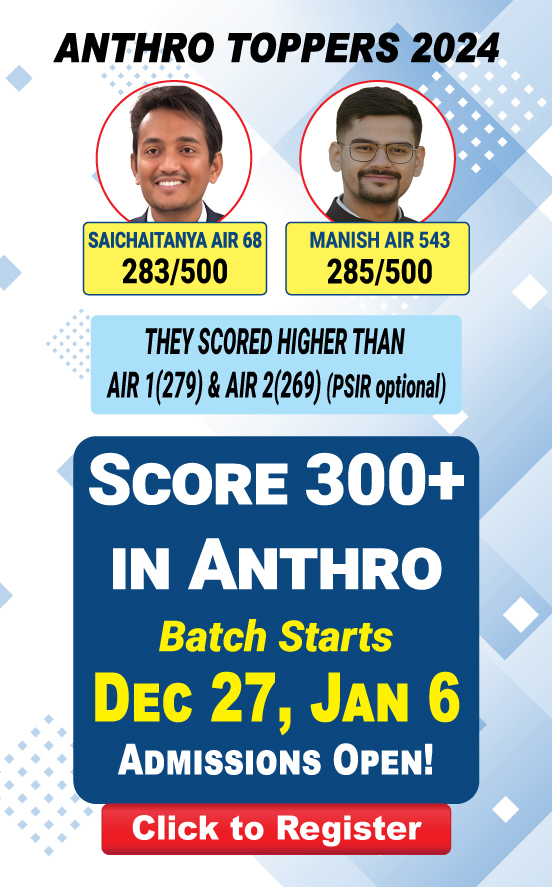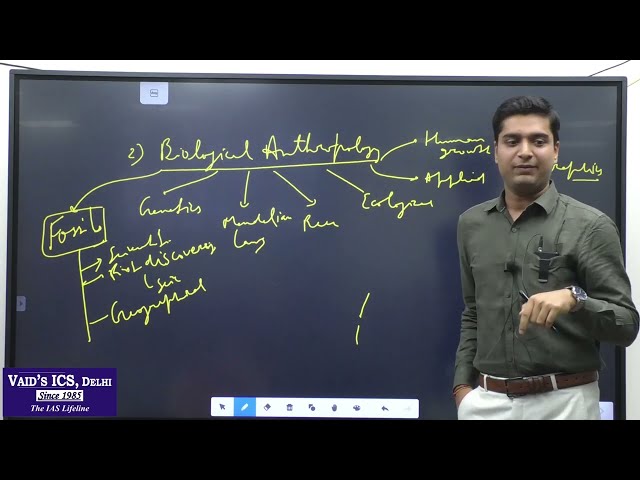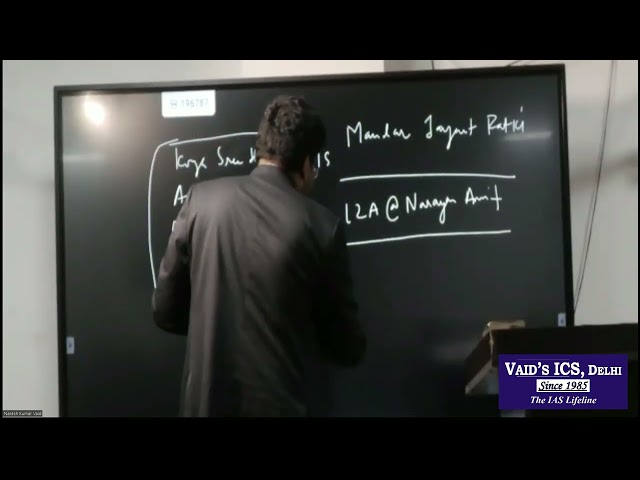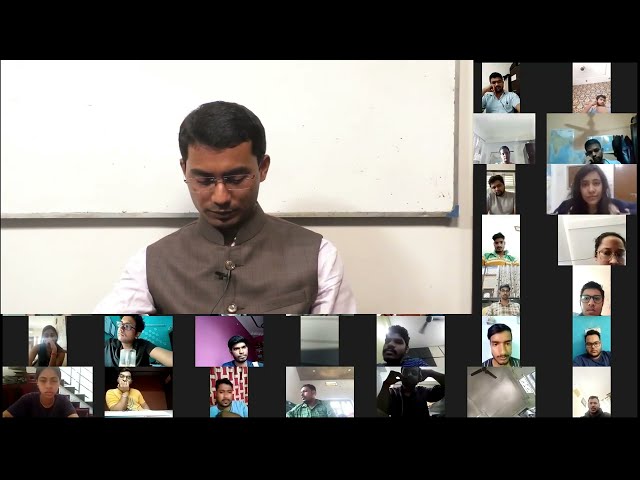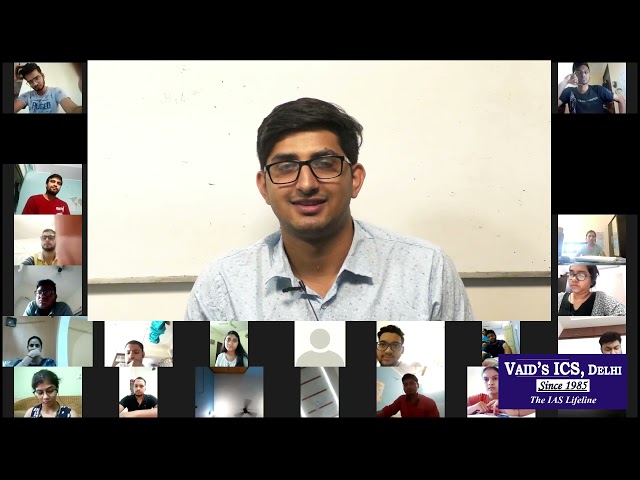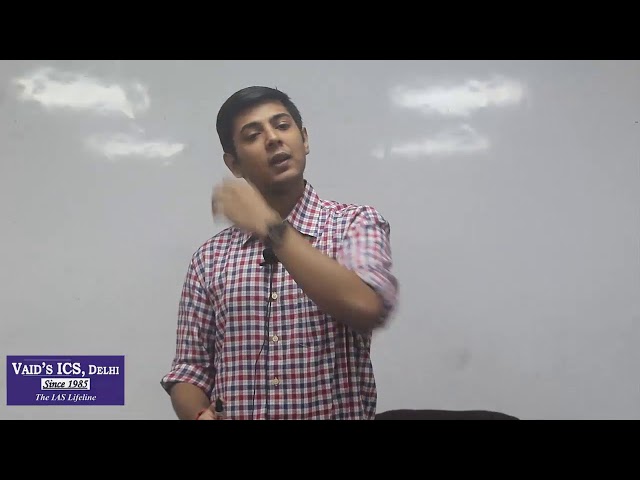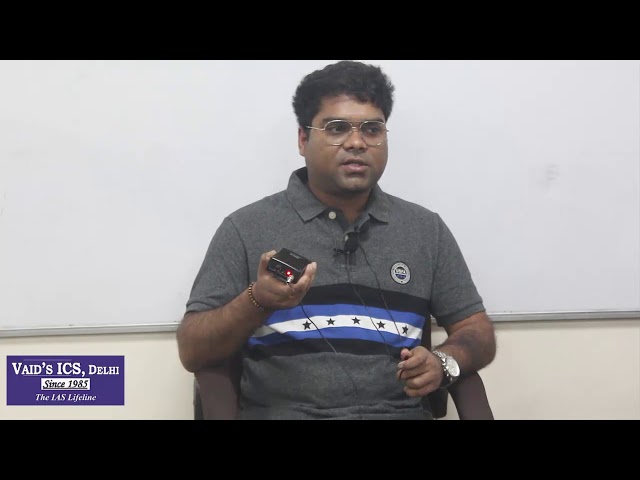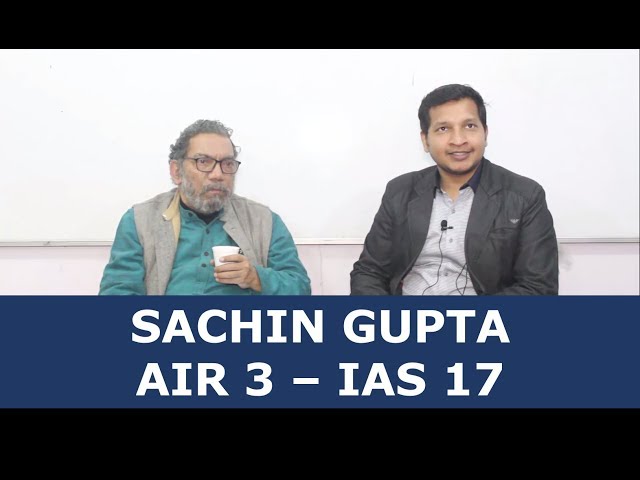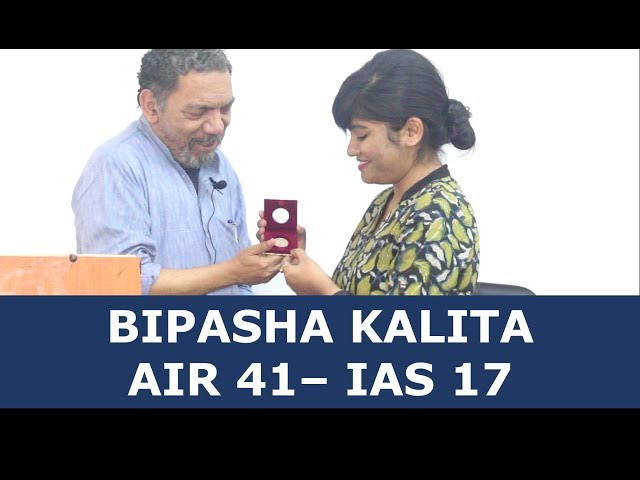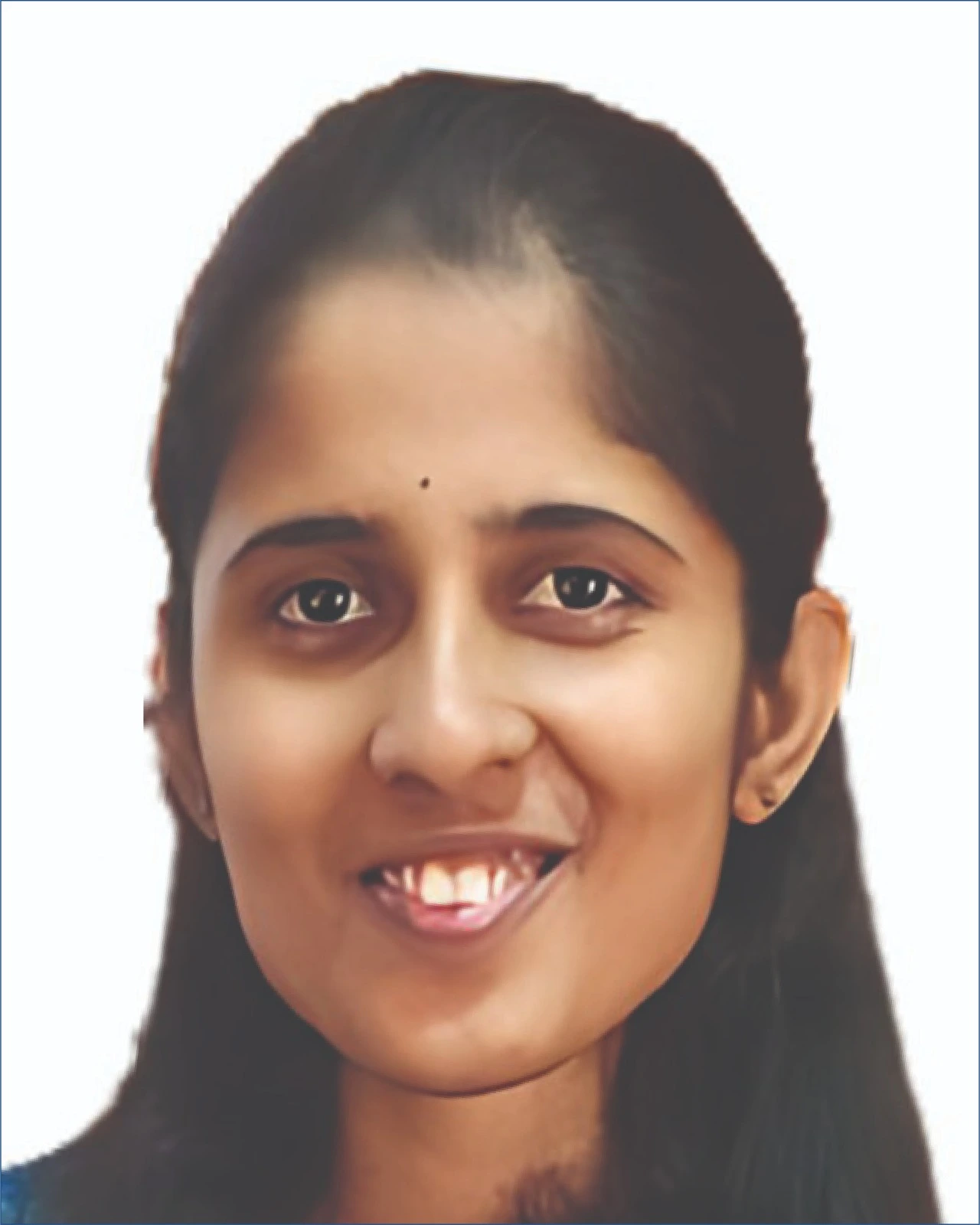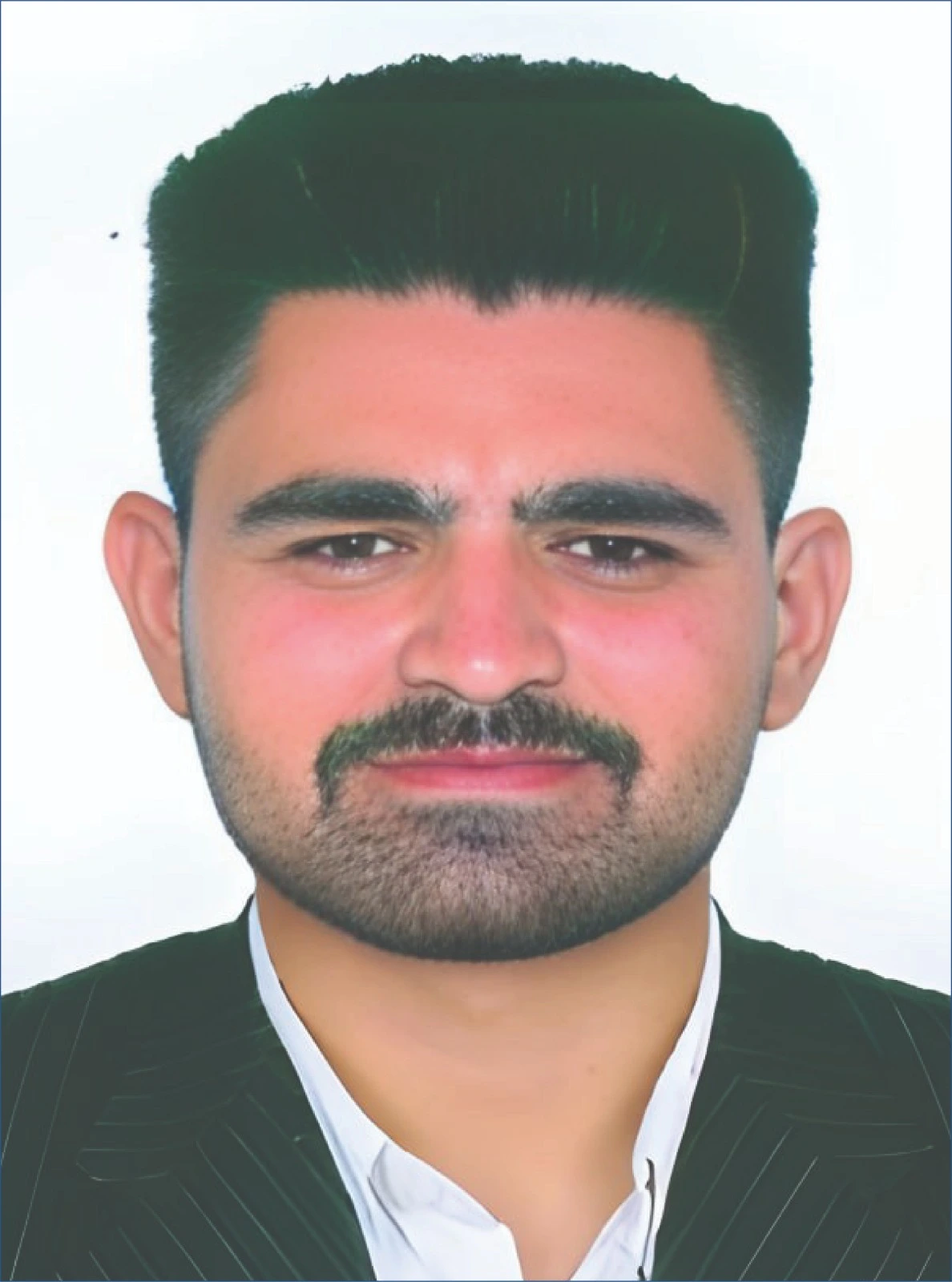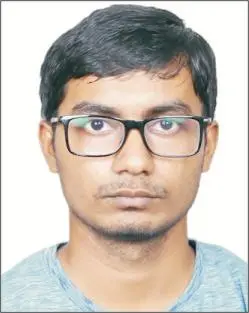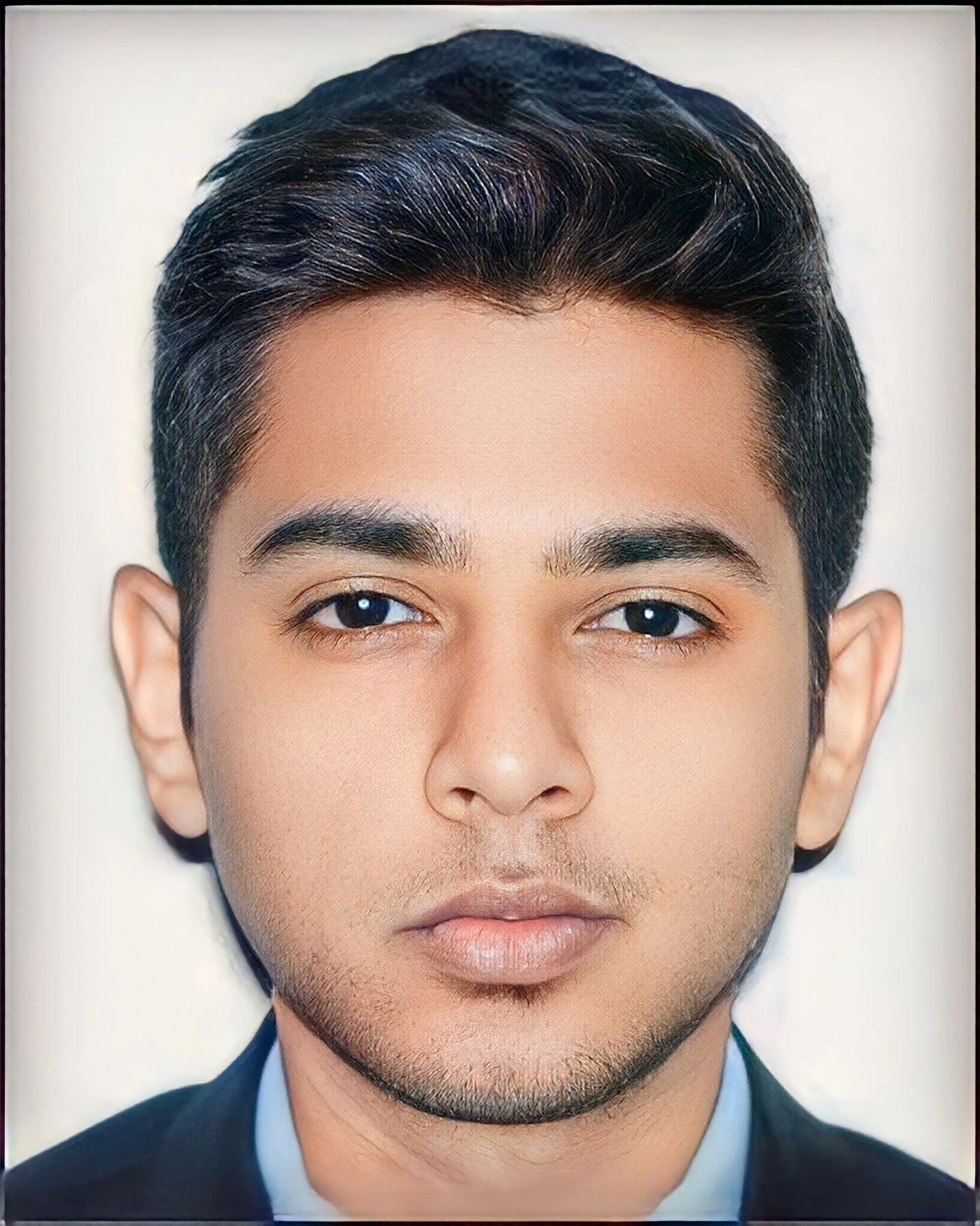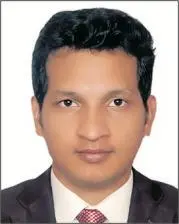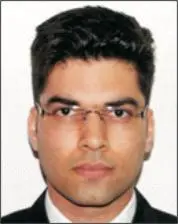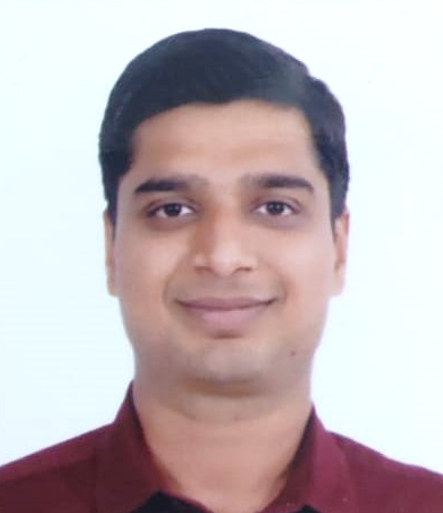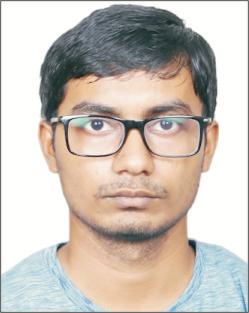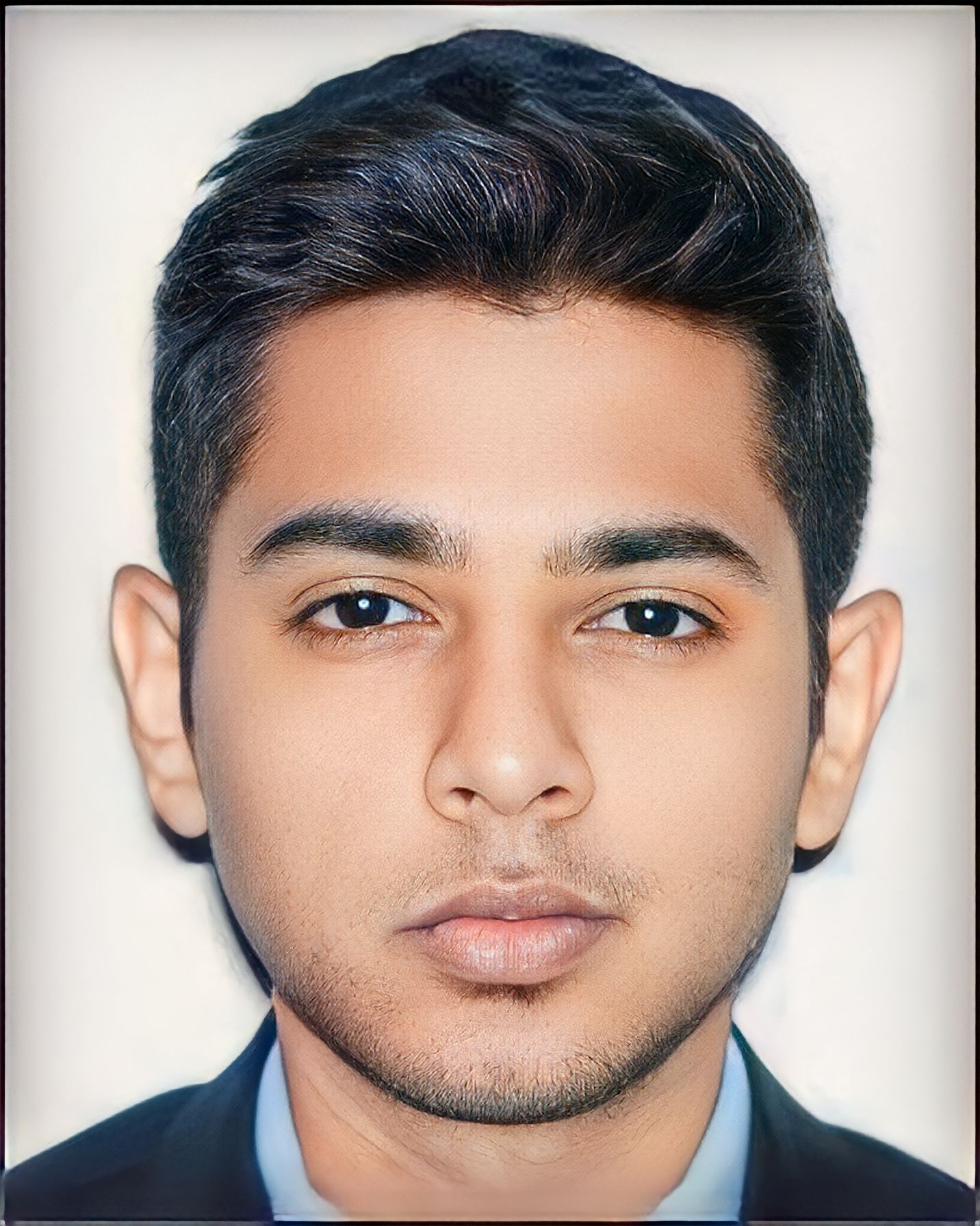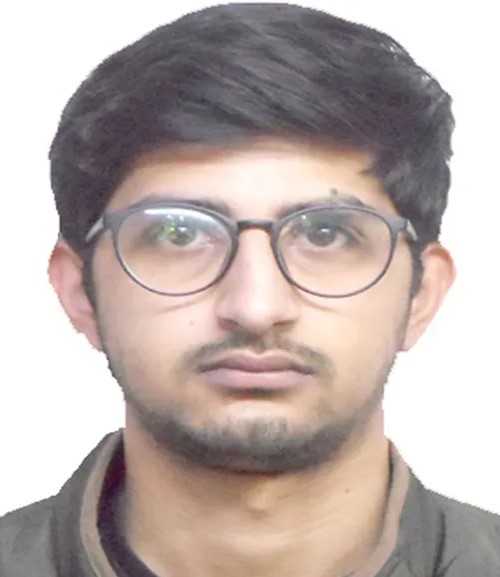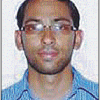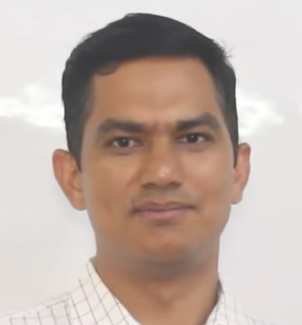Have any Query ? Ask it !
Vaids ICS: UPSC Mains Anthropology Optional Coaching in Delhi
Batch Schedule
| Name of Course | Duration | Batch Starts | Admissions Starts On |
|---|---|---|---|
| Anthropology Comprehensive Classroom Course (2.00 pm) | 5 months | 27th Dec 2025 | 2nd Dec 2025Register Here |
| Anthropology Comprehensive Classroom Course (2.00 pm) | 5 months | 6th Jan 2026 | 2nd Dec 2025Register Here |
| Anthropology Comprehensive Classroom Course (9.00 am) | 5 months | 27th Jan 2026 | 1st Jan 2026Register Here |
| Anthropology Sampoorna Test Series 2026-27 | 9 Months | 15th Sep 2025 | 5th Sep 2025 |
|
|||
Click here to register for Comprehensive Classroom Course
Click here to register for Anthro Dec 2025 Batches
Click here to register for Anthropology Sampoorna Test Series 2026
Click here to register for Advanced Anthropology Test Series 2026
Guidelines for Admission in Offline Classroom Course: Show Details
- Allotted Batch may vary from Preferred Batch depending on First Come basis. There will be 100 Seats for each batch.
- If COVID Restrictions are reimposed, Classes will be held Online for Offline Batch students as well.
- Admissions Open, Offline Classes will start on Dec 27th 2025 & Jan 6th
- Candidates have to register by clicking on the Registration Link on the top of website homepage.
- A Registration fee of Rs. 2000/- (Non-refundable) is to be paid at the time of Registration to Secure your admission.
- Afterwards, a unique Token No. will be allotted to the Candidate along with a Time slot. Same will be sent to you by email within 1 hour of registration
- The Candidate have to report at the Institute at the Allotted Time Slot to complete the Admission Process.
- Remaining fee of Rs. 57,000/- is to be paid at the time of Admission. Payment can be made through Cash, Cheque or Online Transfer.
- Candidates must bring 2 Passport size Photograph and a photocopy of a Govt. ID proof at the time of Admission.
- Candidates travelling from out of Delhi or those who are unable to come to the Institute personally, please give a call to the Admin after completing the Registration Process. (Admin: 0-7303703377)
- Candidates Completing the Admission Process will be added to a WhatsApp group by Dec 25 and further instructions will follow there.
- Vaids ICS will not be responsible for any Technical issues that may occur.
- Vaids ICS holds the copyright to all the content shared through App. Anyone found duplicating or circulating the content will be held Accused as per Delhi High Court Jurisdiction.
- Vaids ICS holds the right to Cancel the admission of any Student if found disrupting the decorum in any possible manner.
- Refund Policy: Terms for Seeking Refund:
- Full fee will be refunded if Students seeks refund before commencement of classes.
- For Students Seeking Refund between 1 to 7 days of batch commencement, Fee will be refunded after 10% deduction.
- For Students Seeking Refund between 8 to 15 days of batch commencement, Fee will be refunded after 30% deduction.
- For Students Seeking Refund between 16 to 30 days of batch commencement, Fee will be refunded after 50% deduction.
- After 30 days of batch commencement, no refund will be entertained.
- Students who opt for pre-admission will not be eligible for refund.
- If a student is allowed to pay the fee in installments, he/she will not be eligible for a refund.
Guidelines for Admission in Online Classroom Course: Show Details
- Allotted Batch may vary from Preferred Batch depending on First Come basis. There will be 100 Seats for each batch.
- Admissions Open, Online Classes will start on Dec 27th 2025 & Jan 6th
- Candidates have to register by clicking on the Registration Link on the top of website homepage.
- A Registration fee of Rs. 2000/- (Non-refundable) is to be paid at the time of Registration to Secure your admission.
- Afterwards, a unique Token No. will be allotted along with a Payment link. Same will be sent to you by email by email within 1 hour of registration.
- The Candidates will have next 3 days to pay remaining fee via above said payment link and Complete the Admission Process.
- Remaining fee to be paid is Rs. 45,200/- to Complete Admission Process.
- Candidates have to upload a Passport size Photograph and a photocopy of a Govt. ID proof while completing the admission Process.
- For any Technical Queries, please give a call to the Admin on 0-7303703377.
- Candidates Completing the Admission Process will be added to a WhatsApp group by Dec 25 and further instructions will follow there.
- The classes will take place on the App of Vaids ICS (available for iOS & Android, Mobiles & Tablets only). Not available for PCs/Laptops.
- The Classes will take place Live only.
- It is Mandatory for Students to keep their Camera Active during All Sessions. Student Must Make sure that they have adequate bandwidth so they can be seen on camera during Class.
- The Study Material will be made as a part of the App itself. Students can place a request for hard copy while filling the Admission Form without any additional charges.
- Vaids ICS will not be responsible for any Technical issues that may occur.
- Vaids ICS holds the copyright to all the content shared through App. Anyone found duplicating or circulating the content will be held Accused as per Delhi High Court Jurisdiction.
- Vaids ICS holds the right to Cancel the admission of any Student if found disrupting the decorum in any possible manner.
- Refund Policy: Terms for Seeking Refund:
- Full fee will be refunded if Students seeks refund before commencement of classes.
- For Students Seeking Refund between 1 to 7 days of batch commencement, Fee will be refunded after 10% deduction.
- For Students Seeking Refund between 8 to 15 days of batch commencement, Fee will be refunded after 30% deduction.
- For Students Seeking Refund between 16 to 30 days of batch commencement, Fee will be refunded after 50% deduction.
- After 30 days of batch commencement, no refund will be entertained.
- Students who opt for pre-admission will not be eligible for refund.
- If a student is allowed to pay the fee in installments, he/she will not be eligible for a refund.
Details of Test Series 2025-26: Show Details
Anthropology Advanced Test Series (Sep2025 - Jan 2026)
Anthropology Comprehensive Test Series
The Comprehensive Test Series for Anthropology targets students who have completed their preparation, aiming to enhance exam-oriented answer writing in a time-bound manner.
It includes 12 Sectional and 4 Comprehensive Tests, each followed by a discussion and personalized copy evaluation.
Additionally, it provides updated study materials and doubt sessions on Fossil Evidence, Primates, Archaeology, and Tribal India.
Highlights:
- Comprehensive Coverage of the Entire Syllabus.
- Both Offline & Online modes are available.
- Individual Copy Evaluation and Discussion.
- Test discussion with Vaid Sir.
- Flexibility on dates for appearing in tests.
- Additional Content provided for
- Fossil Evidence
- Primates
- Archaeology
- Tribal India
The Schedule of ADVANCED TEST SERIES
SECTIONAL TESTS
Tests will 125 marks each for a duration of 1.5 hours.
- Test 1, Sep 21, 11:30 am: Introduction to Anthropology, Social Institutions
- Test 2, Sep 28, 11:30 am: Basic concepts of anthropology, Research Methods, Anthropological Theories
- Test 3, Oct 05, 11:30 am: Social Cultural Complete
- Test 4, Oct 12, 11:30 am: Physical Fossil Evidence, Primates, Human Race, Human Growth, Ecological Anthropology
- Test 5, Oct 19, 11:30 am: Biological Evolution, Genetics, Applications of Physical Anthropology
- Test 6, Oct 26, 11:30 am: Physical Anthropology complete
- Test 7, Nov 02, 11:30 am: Indian Archaeology, World Archaeology
- Test 8, Nov 09, 11:30 am: Indian anthropology
- Test 9, Nov 17, 11:30 am: Archaeology(complete), Indian Anthropology
- Test 10, Nov 24, 11:30 am: Tribal situation in India, Tribal Administration, Impact of religions on tribal societies.
- Test 11, Nov 30, 11:30 am: Tribal Problems, Language and Communication
- Test 12, Dec 07, 11:00 am: Tribal India (Complete), Language and Communication
COMPREHENSIVE TESTS
Tests will have 8 questions as per the UPSC pattern.
Questions 1 & 5 will be compulsory.
- Compressive Test 1, Dec 21, 09 am: Paper 1
- Compressive Test 2, Dec 21, 2:30 pm: Paper 2
- Compressive Test 3, Jan 04, 09 am: Paper 1
- Compressive Test 4, Jan 04, 2:30 pm: Paper 2
Schedule is Subject to Change due to Unforeseen Circumstances
Discussion schedule will be announced during the test.
Fee for Comprehensive Test Series: Rs 18,000 + 18% GST.
Details of Test Series:
| Test No. | Test Date | Test Topics | Test Details |
| Test 1 | Sep 21th, 11:30 am | Introduction to Anthropology, Social Institutions | 1.1. Meaning, Scope and development of Anthropology. 1.2. Relationships with other disciplines: Social Sciences, behavioural Sciences, Life Sciences, Medical Sciences, Earth Sciences and Humanities. 1.3. Main branches of Anthropology, their scope and relevance: -Social-cultural Anthropology. -biological Anthropology. -Archaeological Anthropology. -Linguistic Anthropology. 2.3.Marriage: Definition and universality; Laws of marriage (endogamy, exogamy, hypergamy, hypogamy, incest taboo); Type of marriage (monogamy, polygamy, polyandry, group marriage). Functions of marriage; Marriage regulations (preferential, prescriptive and proscriptive); Marriage payments (bride wealth and dowry). 2.4. Family: Definition and universality; Family, household and domestic groups; functions of family; Types of family (from the perspectives of structure, blood relation, marriage, residence and succession); Impact of urbanization, industrialization and feminist movements on family. 2.5.Kinship: Consanguinity and Affinity; Principles and types of descent (Unilineal, Double, Bilateral Ambilineal); Forms of descent groups (lineage, clan, phratry, moiety and kindred); Kinship terminology (descriptive and classificatory); Descent, Filiation and Complimentary Filiation;Decent and Alliance. 3.Economic Organization: Meaning, scope and relevance of economic anthropology; Formalist and Substantivist debate; Principles governing production, distribution and exchange (reciprocity,redistribution and market), in communities, subsisting on hunting and gathering, fishing, swiddening, pastoralism, horticulture, and agriculture; globalization and indigenous economic systems. 4.Political Organization and Social Control:Band, tribe, chiefdom, kingdom and state; conceptsof power, authority and legitimacy; social control, law and justice in simple Societies. 5. Religion: Anthropological approaches to the study of religion (evolutionary, psychological and functional); monotheism and polytheism; sacred and profane; myths and rituals; forms of religion in tribal and peasant Societies (animism, animatism, fetishism, naturism and totemism); religion, magic and science distinguished; magico-religious functionaries (priest, shaman, medicine man, |
| Test 2 | Sep 28, 11:30 am | Basic concepts of anthropology, Research Methods, Anthropological Theories | 2.1.The Nature of Culture: The concept and Characteristics of culture and civilization;Ethnocentrism vis-a-vis cultural Relativism. 2.2.The Nature of Society: Concept of Society; Society and Culture; Social Institution; Social groups; and social stratification. 6. Anthropological theories: (a) Classical evolutionism (Tylor, Morgan and Frazer) (b) Historical particularism (Boas) Diffusionism (British, German and American) (c) Functionalism (Malinowski); Structural�Functionlism (Radcliffe-Brown) (d) Structuralism (Levi-Strauss and E. Leach) (e) Culture and personality (Benedict, Mead, Linton, Kardiner and Cora-du Bois) (f) Neo�evolutionism (Childe, White, Steward, Sahlins and Service) (g) Cultural materialism (Harris) (h) Symbolic and interpretive theories (Turner, Schneider and Geertz) (i) Cognitive theories (Tyler, Conklin) (j) Post-modernism in anthropology. |
| Test 3 | Oct 5th, 11:30 am | Social Cultural Complete | Entire Syllabus of Test 1 and Test 2 |
| Test 4 | Oct 12th, 11:30 am | Fossil Evidence, Primates, Human Race, Human Growth, Ecological Anthropology | 1.5.Characteristics of Primates: Evolutionary Trend and Primate Taxonomy; Primate Adaptations; (Arboreal and Terrestrial) Primate Taxonomy; Primate Behaviour; Tertiary and Quaternary fossil primates; Living Major Primates; Comparative Anatomy of Man and Apes; Skeletal changes due to erect posture and its implications. 1.6. Phylogenetic status, characteristics and geographical distribution of the following: -Plio-preleistocene hominids in South and East Africa�Australopithecines. -Homo erectus: Africa (Paranthropus), Europe (Homo erectus (heidelbergensis), Asia (Homo erectus javanicus, Homo erectus pekinensis. -Neanderthal man�La-chapelle-aux-saints (Classical type), Mt. Carmel (Progressive type). -Rhodesian man. -Homo sapiens�Cromagnon, Grimaldi and Chancelede. 9.5. Race and racism, biological basis of morphological variation of non-metric and characters. Racial criteria, racial traits in relation to heredity and environment; biological basis of racial classification, racial differentiation and race crossing in man. 9.6 Age, sex and population variation as genetic marker: ABO, Rh blood groups, HLA Hp, transferring, Gm, blood enzymes. Physiological characteristics-Hb level, body fat, pulse rate, respiratory functions and sensory perceptions in different cultural and socio-ecomomic groups. 9.7. Concepts and methods of Ecological Anthropology: Bio-cultural Adaptations�Genetic and Non-genetic factors. Man�s physiological responses to environmental stresses: hot desert, cold, high-altitude climate. 9.8. Epidemiological Anthropology: Health and disease. Infectious and non-infectious diseases, Nutritional deficiency related diseases. 10. Concept of human growth and Development: Stages of growth�pre-natal, natal, infant, childhood, adolescence, maturity, senescence. � Factors affecting growth and development genetic, environmental, biochemical, nutritional, cultural and socio-economic. � Ageing and senescence. Theories and observations � biological and chronological longevity. Human physique and somatotypes. Methodologies for growth studies. 11.1. Relevance of menarche, menopause and other bio events to fertility. Fertility patterns and differentials. 11.2. Demographic theories-biological, social and cultural. 11.3. Biological and socio-ecological factors influencing fecundity, fertility, natality and mortality. |
| Test 5 | Oct 19th, 11:30 am | Biological Evolution, Genetics, Applications of Physical Anthropology | 1.4. Human Evolution and emergence of Man: Biological and Cultural factors in human evolution. Theories of Organic Evolution (Pre-Darwinian, Darwinian and Post-Darwinian). Synthetic theory of evolution; Brief outline of terms and concepts of evolutionary biology (Doll�s rule, Cope�s rule, Gause�s rule, parallelism, convergence, adaptive radiation, and mosaic evolution). 1.7. The biological basis of Life: The Cell, DNA structure and replication, Protein Synthesis, Gene, Mutation, Chromosomes, and Cell Division. 9.1. Human Genetics: Methods and Application: Methods for study of genetic principles in man family study (pedigree analysis, twin study, foster child, co-twin method, cytogenetic method, chromosomal and karyo-type analysis), biochemical methods, immunological methods, D.N.A. technology and recombinant technologies. Mendelian genetics in man-family study, single factor, multifactor, lethal, sub-lethal and polygenic inheritance in man. 9.3. Concept of genetic polymorphism and selection, Mendelian population, Hardy-Weinberg law; causes and changes which bring down frequency-mutation, isolation, migration, selection, inbreeding and genetic drift. Consanguineous and non-consanguineous mating, genetic load, genetic effect of consanguineous and cousin marriages. 9.4. Chromosomes and chromosomal aberrations in man, methodology. (a) Numerical and structural aberrations (disorders). (b) Sex chromosomal aberration- Klinefelter (XXY), Turner (XO), Super female (XXX), intersex and other syndromic disorders. (c) Autosomal aberrations- Down syndrome, Patau, Edward and Cri-du-chat syndromes. (d) Genetic imprints in human disease, genetic screening, genetic counseling, human DNA profiling, gene mapping and genome study. |
| Test 6 | Oct 26th, 11:30 am | Physical Anthropology complete | Entire Syllabus of Test 4 and Test 5 |
| Test 7 | Nov 2nd, 11:30 am | Paper 1- World Archaeology Paper 2 -Indian Archaeology | 1.8. (a) Principles of Prehistoric Archaeology. Chronology: Relative and Absolute Dating methods. (b) Cultural Evolution�Broad Outlines of Prehistoric cultures: -Paleolithic -Mesolithic -Neolithic -Chalcolithic -Copper-Bronze age -Iron Age 1.1. Evolution of the Indian Culture and Civilization� Prehistoric (Palaeolithic, Mesolithic, Neolithic and Neolithic-Chalcolithic), Protohistoric (Indus Civilization). Pre-Harappan, Harappan and post Harappan cultures. Contributions of the tribal cultures to Indian civilization. 1.2. Palaeo�Anthropological evidences from India with special reference to Siwaliks and Narmada basin (Ramapithecus, Sivapithecus and Narmada Man). 1.3. Ethno-archaeology in India: The concept of ethno-archaeology; Survivals and Parallels among the hunting, foraging, fishing, pastoral and peasant communities including arts and crafts producing communities. |
| Test 8 | Nov 9th, 11:30 am | Indian anthropology | 2. Demographic profile of India� Ethnic and linguistic elements in the Indian population and their distribution. Indian population�factors influencing its structure and growth. 3.1. The structure and nature of traditional Indian social system�Varnashram, Purushartha, Karma, Rina and Rebirth. 3.2. Caste system in India� Structure and characteristics Varna and caste, Theories of origin of caste system, Dominant caste, Caste mobility, Future of caste system, Jajmani system. Tribe-case continuum. 3.3. Sacred Complex and Nature-Man-Spirit Complex. 3.4. Impact of Buddhism, Jainism, Islam and Christianity of Indian society. 4. Emergence, growth and development in India� Contributions of the 18th, 19th and early 20th Century scholar-administrators. Contributions of Indian anthropologists to tribal and caste studies. 5.1. Indian Village� Significance of village study in India; Indian village as a social system; Traditional and changing patterns of settlement and inter-caste relations; Agrarian relations in Indian villages; Impact of globalization on Indian villages. 5.2. Linguistic and religious minorities and their social, political and economic status. 5.3. Indigenous and exogenous processes of socio-cultural change in Indian society: Sanskritization, Westernization, Modernization; Inter-play of little and great traditions; Panchayati Raj and social change; Media and Social change. |
| Test 9 | Nov 17, 11:30 am | Archaeology(complete), Indian Anthropology | Entire Syllabus of Test 7 and Test 8 |
| Test 10 | Nov 24, 11:30 am | Tribal situation in India, Tribal Administration, Impact of religions on tribal societies. | 6.1. Tribal situation in India� Bio-genetic variability, linguistic and socio-economic characteristics of the tribal populations and their distribution. 6.3 Developmental projects and their impact on tribal displacement and problems of rehabilitation. Development of forest policy and tribals. Impact of urbanisation and industrialization on tribal populations. 7.1 Problems of exploitation and deprivation of Scheduled Castes, Scheduled Tribes and Other Backward Classes. Constitutional safeguards for Scheduled Tribes and Scheduled Castes. 7.2 Social change and contemporary tribal societies: Impact of modern democratic institutions, development programmes and welfare measures on tribals and weaker sections. 7.3 The concept of ethnicity; Ethnic conflicts and political developments; Unrest among tribal communities; Regionalism and demand for autonomy; Pseudo-tribalism. Social change among the tribes during colonial and post-Independent India. 8.1 Impact of Hinduism, Buddhism, Christianity, Islam and other religions on tribal societies. 8.2 Tribe and nation state� a comparative study of tribal communities in India and other countries. 9.1 History of administration of tribal areas, tribal policies, plans, programmes of tribal development and their implementation. The concept of PTGs (Primitive Tribal Groups), their distribution, special programmes for their development. Role of N.G.O.s in tribal development. 9.2 Role of anthropology in tribal and rural development. 9.3 Contributions of anthropology to the understanding of regionalism, communalism and ethnic and political movements. |
| Test 11 | Nov 30th, 11:30 am | Tribal Problems, Language and Communication | 6.2. Problems of the tribal Communities� Land alienation, poverty, indebtedness, low literacy, poor educational facilities, unemployment, under- employment, health and nutrition. 7. Culture, Language and Communication: Nature, origin and characteristics of language; verbal and non-verbal communication; social context of language use. |
| Test 12 | Dec 7th, 11:30 am | Tribal India (Complete), Language and Communication | Entire Syllabus of Test 10 and Test 11 |
Comprehensive Test | Date | Paper |
| Test 1 | Dec 21th, 09:00 am | Paper 1 |
| Test 2 | Dec 21th, 02:30 pm | Paper 2 |
| Test 3 | Jan 04th, 9:00 am | Paper 1 |
| Test 4 | Jan 04th, 2:30 pm | Paper 2 |
Registration Will be Conducted through Our Website. Call Admin on 0-953 800 1600 for queries.
Note:
For flexible test dates, please contact us at 953 800 1600 or 9599 133 477.
Tests and discussions for online students will be conducted through our app.
Anthropology Comprehensive Classroom Course
This program is designed to support students from end-to-end and guide them from being a fresher to the subject of Anthropology to becoming an expert student of Anthropology optional for UPSC.
Read more on Classroom Course (Offline)Read more on Classroom Course (Online)
Advanced Anthropology Test Series 2026
This program is designed for students who have completed their preparation for Anthropology optional for UPSC and looking for enrichment through rigorous evaluation and value addition.
Read more on Advanced Anthropology Test Series 2026Anthropology Sampoorna Test Series 2026-27
This program is designed to learn and sharpen your answer-writing skills through regular tests. Scheduled Test – Each containing 9 carefully curated questions. Comprehensive Evaluation – Every response is assessed with detailed feedback.
Read more on Anthropology Sampoorna Test Series 2026-27Anthro IAS Target 2025
The course is exclusively designed for students who have qualify UPSC Prelims examination to make them exam ready by doubt resolution and time-bound answer-writing practice.
Read more on Anthro IAS Target 2025
Master anthropology optional with Vaids ICS, most trusted name for UPSC Anthropology coaching. Our expert-led program extensively covers socio-cultural anthropology, biological anthropology, archaeological anthropology, Indian anthropology and Indian Tribes their diversity and problems, ensuring a strong foundation for IAS Mains examination. You get specialized guidance on anthropological theories and their applications, ample of case studies to strengthen your answers, and rigourous answer writing practice to maximize your score in civil services mains examination. We further evaluate you with our extenive test series to gauge your preperation with individual evaluation and guidance.
Vaids ICS Delhi caters to your preperation in both online and offline mode . Enroll now with Vaid Sir Anthropology to boost your UPSC Mains preparation with the best anthro coaching Delhi has to offer! Its not just IAS Mains Optional Coaching, its is a complete program designed for your success.
Director Speaks
Getting through Civil Services Exam is, after all, not that tough. It is a generalistic exam that requires good writing skills. Devoting 1-2 years with proper strategy & devotion is all that you require. Amen!
Video Library
Australopithecus Physical
Dharma v/s Religion
Universalization & Parochialisation
Tribe v/s Caste
Current Affairs
What are rare-earth elements and why is everyone looking for them?
The Hindu Core Theme and Context The article seeks to demystify rare-earth elements (REEs) by ex[...]
The case for states to adopt fiscal reforms
Hindustan Times Core Theme and Context The article argues that India’s macro-economic stab[...]
Khambhat artisans revive 5,000-yr-old Harappan bead link at Rakhigarhi
The Tribune Core Theme and Context The article highlights the revival of ancient bead-making tra[...]
India’s rare earth permanent magnet demand to double by 2030: Government
The Statesman Core Theme and Context The article positions rare earth permanent magnets (REPMs) [...]
Our Achievements
2,500
Selections in UPSC CSE
5,000
Selections in State Services
44
Years of Experience
TESTIMONIALS
I am an engineer, and I had no prior knowledge of anthropology until I started coaching with Vaid's sir. In my preparation for anthropology, my primary source has been Vaid sir's coaching. During the coaching, I meticulously followed all the material that sir provided in the WhatsApp group, including current affairs, case studies, news, and articles. I remember that 10 days before the mains examination, sir sent some definitions of race on the WhatsApp group, and I used those definitions in the exam, which helped me a lot in securing marks.
I followed what Sir said. One unique thing he provides is the option to repeat the course and test series. I have taken Sir's course twice, and it has been very convenient for me. He tells you exactly what to write in your answers, and I have benefited a lot from this. When Sir gives feedback on my answers and shares logical insights, I always listen to it.
Sir also provides value-added material, articles, and case studies, which are very relevant to me, especially for interview preparation.
The updated content from Vaid sir helped me enrich my answers and get this score of 320/500. . . Framing answers was quite easy due to reading Anthro in Question Answer format as guided by Vaid sir
Role of Vaid sir was pivotal in my preparation.
The Answer Writing Group created by Antim sir helped me a lot in effective completion of syllabus and complete answer writing timely. . . The updates shared by Vaid SIr over WhatsApp helped in enriching my answers.
Vaid Sir says “What matters more is What You Can Write in the Exam, It doesn't matter How Much You Know”
If you can follow it completely with Sir's Strategy, I can assure you can get very good marks.
Respected Vaid sir is a very learned and expert in Anthropology. His strong critic to your answers is a valuable input in final preparation. Get your answers checked by him. Though he seems strict, he is an excellent mentor !
I thank you from the bottom of my heart for all the effort you put in to nurture us and make our dreams turn into reality. You are second to none when it comes to right guidance in Anthropology and no one does it better than you.
No matter how much I thank you but it can't be enough. Thank you, Sir, for having faith in me, you will always occupy a special place in my life.
Needless to say it was your guidance which was instrumental in making me learn Anthropology so well for which no thanks could ever be enough. . . Once again sir, Thanks a lot for being so patient with all my bad answers and silly doubts. The single most important thing for me was the fact that you were always available to scrutinize my answers, every day for the entire 3 year period.
I really cannot express how excited I feel to cover my success.
Your inputs and guidance on answer writing were very helpful.
Thank you from the core of my heart.
Vaid sir's pin pointed approach helped me complete syllabus in time. . .The USP sir gives you will differentiate your answers


